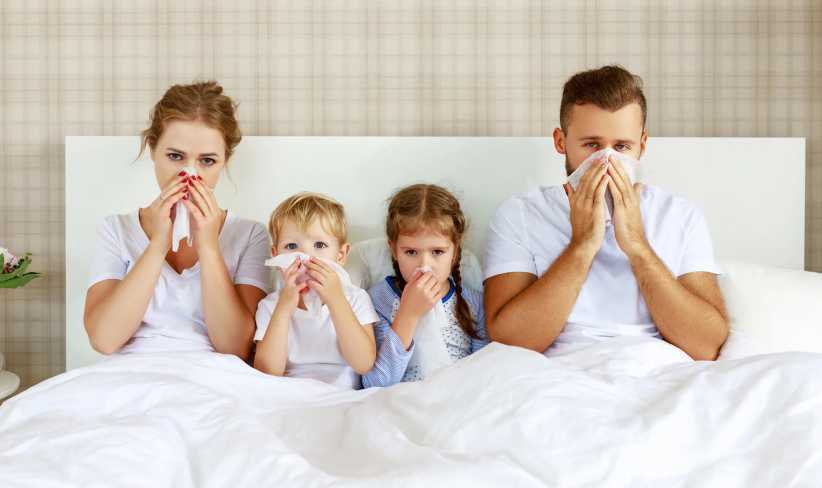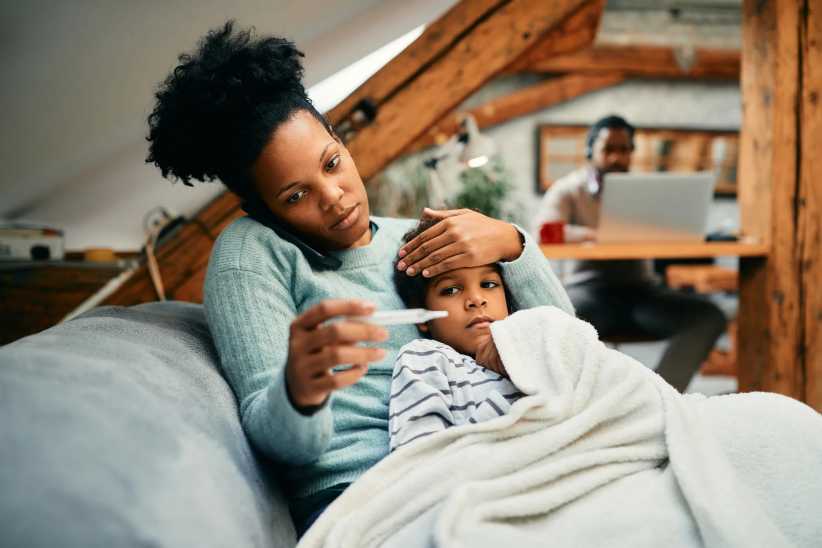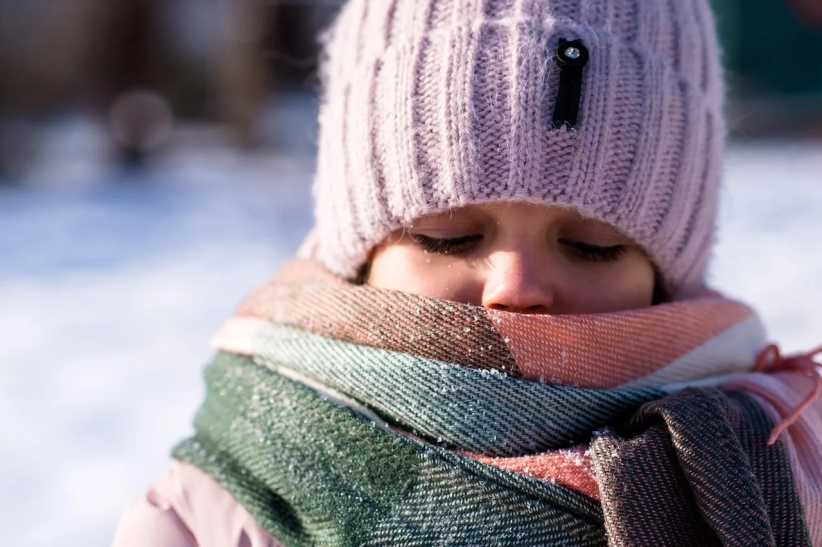When Janis Klein became a school nurse 15 years ago, one sixth of the children in her elementary school had head lice. “They couldn’t go to school,” Klein says, citing the school’s “no nit” policy, which prohibits children from returning to school until all the lice eggs are gone from their hair. Klein, an R.N. who has worked in hospitals as well as summer camps, quickly became an expert in recognizing and treating head lice. It was soon after that she began her business, LiceAllGone.com, helping families throughout the tri-state region.
“A case of head lice can be very stressful for parents,” says Klein, herself the mother of four, ages 11-21. She has seen parents in danger of losing a job from taking too much time off to stay with a child who cannot go to school. It’s also more than some people can deal with. “People get very emotional about lice,” she says.
It’s something she’s experienced herself. Before she became a school nurse, she thought one of her children had lice, and treated her with Kwell shampoo (which contains Lindane and is no longer sold in the U.S.). “It turned out it was just a bug in her hair,” recalls Klein, “but I panicked.
By the time some of Klein’s clients call her, they are in hysterics. She tries to help them put things in perspective. “I tell them it has nothing to do with cleanliness or poverty,” she says. “It can happen to anyone.” Klein comments that she has treated families in the poshest neighborhoods of Manhattan, “where the homes are two floors of a luxury building.”
Parents often use a pesticide-based cream or shampoo on their child’s head, and then spend endless hours vacuuming and washing the house. “Then a week or two later, they’re back,” says Klein. But it’s not that the child was re-infested, she explains. It’s that the lice were never banished in the first place.
Klein checks everyone in the home for infestation and then, with the aid of a lighted magnifying mirror and eyes sharpened by 15 years of experience, removes the nits. She then combs through the hair with a special comb to catch any live lice, and makes recommendations for caring for the family and the environment.
When it comes to treating lice, Klein discourages the use of chemicals and especially prescription drugs. “They aren’t usually necessary, and some can cause neurological damage,” she explains.
Klein’s mothering skills are also called up when she’s talking with the families she works with. “Sometimes teachers and students will ostracize the child who has head lice,” she says. “It’s important for them to know they didn’t do anything wrong or bad.”
Her service is billed hourly and is by appointment only. Because she has been in such demand, Klein has assembled an information kit, including a video, lice comb and booklet so that parents can proceed on their own. Klein, whose grammar school no longer has a lice problem, is also available for school consultations and can give school nurses one-on-one training or assistance. To reach her, visit her website at www.LiceAllGone.com, email her at LiceAllGone@hotmail.com, or call 1-800-418-LICE.













